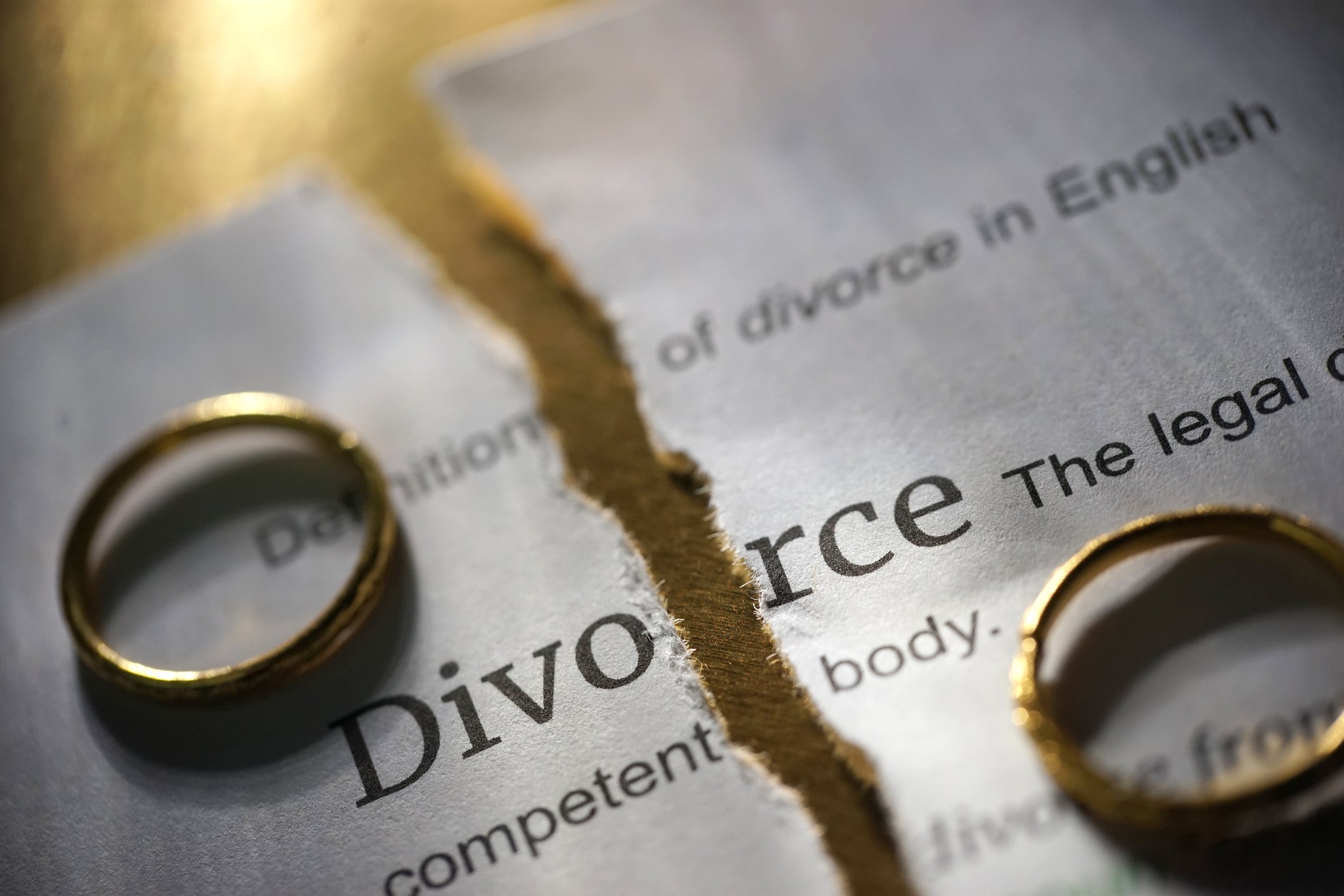Divorce most likely to cause emotional damage to children aged seven to 14, study finds
'Children are more sensitive to relationship dynamics at this age'

Divorce is difficult for any child to come to terms with, but new research claims that those aged seven to 14 are more likely to suffer from emotional or behavioural problems than others.
Researchers at University College London examined 6,245 children born between 2000 and 2002 using data from the longitudinal Millennium Cohort Study, which tracked their mental health at ages three, five, seven, 11 and 14.
It’s the first British study to investigate the links between divorce and the mental wellbeing of children and was published in the journal Social Science and Medicine.
Out of those analysed, one fifth had experienced divorce and the study found that those whose parents split when they were older had a 16 per cent increase in emotional problems, such as anxiety, and an 8 per cent increase in conduct disorders, such as disobedience.
Comparatively, the researchers found that when a child’s parents divorced between the ages of three and seven, they were no more likely to develop such issues than those whose parents were together.
Professor Emla Fitzsimons, who co-authored the study, explained that this might be because children who experience divorce at an older age are more likely to have a better understanding of the situation and therefore be more susceptible to emotional damage.

“There are undoubtedly many factors at play – one possible reason for this is that children are more sensitive to relationship dynamics at this age,” she said.
“Family break-ups may also be more disruptive to schooling and peer relationships at this stage of childhood.”
In terms of differences between sexes, Fitzsimons and her team found that boys whose parents had divorced were more likely to misbehave than girls, though there was no clear reason for this.
Join our commenting forum
Join thought-provoking conversations, follow other Independent readers and see their replies
Comments
Bookmark popover
Removed from bookmarks